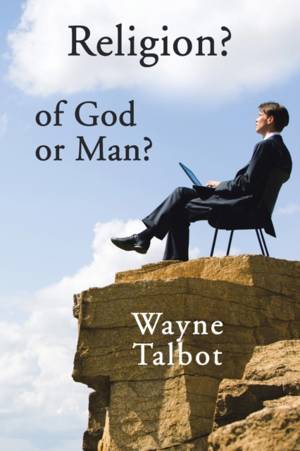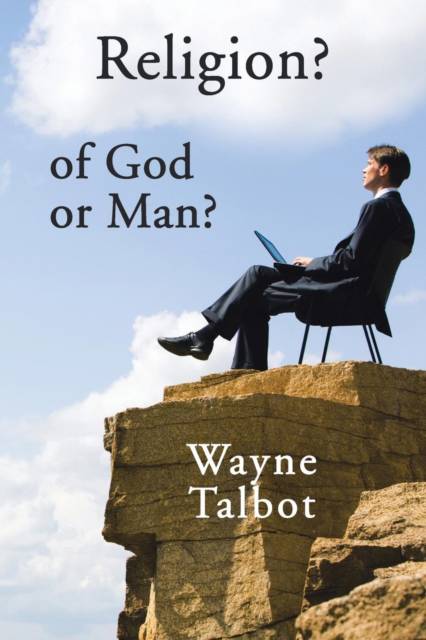
- Retrait gratuit dans votre magasin Club
- 7.000.000 titres dans notre catalogue
- Payer en toute sécurité
- Toujours un magasin près de chez vous
- Retrait gratuit dans votre magasin Club
- 7.000.0000 titres dans notre catalogue
- Payer en toute sécurité
- Toujours un magasin près de chez vous
30,95 €
+ 61 points
Format
Description
Is there evidence for the existence of God, defined as the transcendent entity responsible for all material existence? The author believes that there is, albeit such evidence is not necessarily proof for everyone. In this two-part study, Wayne Talbot firstly presents the evidence that has convinced him that God is the most plausible explanation. With a limited but sufficient understanding of the nature of existence, in terms of energy, matter, space, and time, he demonstrates his primary axiom: that nothing can explain itself. The natural corollary of this is that scientists will never be able to explain the origins of material existence by examining the material itself. An explanation of origins must always lie outside the entity being examined. This is why scientists cannot explain the origin of the proposed singularity and why some scientists seek an alternative to the Big Bang model of our universe, even resorting to logical absurdities such as the universe creating itself out of nothing while in the presence of something. With the reality of God being his presupposition for what follows, the author examines the case for monotheistic religions versus polytheistic, concluding that the latter are antithetical to a God who is one. Left with a choice between Judaism, Christianity, and Islam, he concludes that if God has communicated his guidance for living to any, it is most likely Judaism as recorded in the Hebrew scriptures. The question becomes, Which parts of those scriptures were intended for the children of Israel alone, and which were for all people for all time? Researching ever deeper, he reveals what he has come to believe about how God wants us to relate to him and the specific guidance that should be reworded for contemporary times. The spirit of Torah is so much more than the mere words.
Spécifications
Parties prenantes
- Auteur(s) :
- Editeur:
Contenu
- Nombre de pages :
- 704
- Langue:
- Anglais
Caractéristiques
- EAN:
- 9781796000238
- Date de parution :
- 09-02-19
- Format:
- Livre broché
- Format numérique:
- Trade paperback (VS)
- Dimensions :
- 152 mm x 229 mm
- Poids :
- 1016 g

Les avis
Nous publions uniquement les avis qui respectent les conditions requises. Consultez nos conditions pour les avis.






